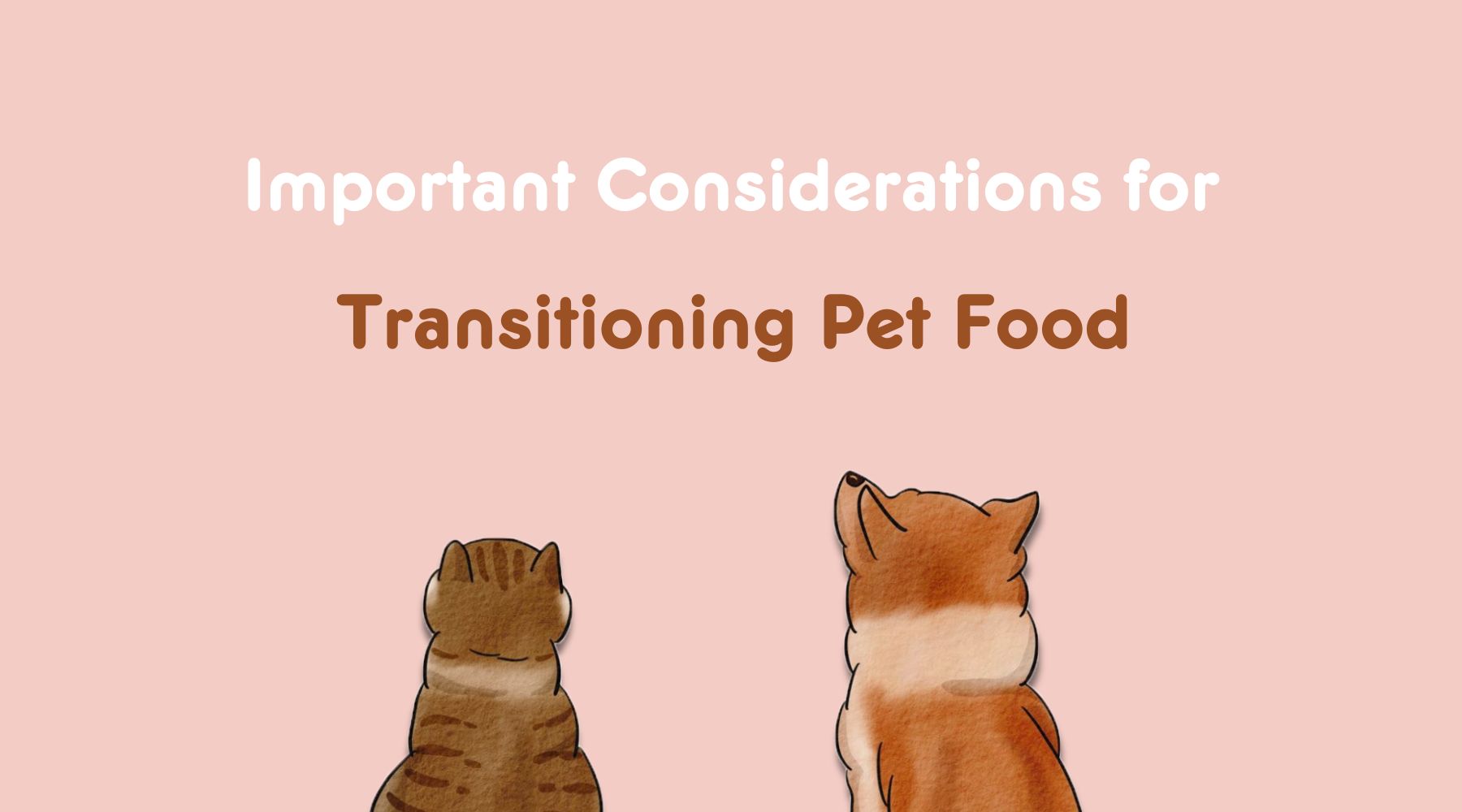
Important Considerations for Transitioning Pet Food
Pets have more sensitive digestive systems than we do. Whether it's transitioning from puppy or kitten food to adult formulas, or switching to a veterinary prescription diet, it's essential to allow a "seven-day transition period" for cats and dogs. This gradual change helps their stomachs adapt to the new food. Rushing this process can lead to gastrointestinal issues such as indigestion or diarrhea.
The Golden Seven-Day Transition Period:
Follow this seven-day plan to help your pet gradually acclimate to their new food:
- Day 1: 75% old food, 25% new food
- Day 2: 70% old food, 30% new food
- Day 3: 60% old food, 40% new food
- Day 4: 50% old food, 50% new food
- Day 5: 40% old food, 60% new food
- Day 6: 25% old food, 75% new food
- Day 7: 100% new food
This seven-day guideline is a general reference, and individual pets may have different health and digestive conditions, affecting their ability to adapt to the new food.
Key Considerations During the Transition:
-
Establish a Regular Feeding Routine:
It's recommended to feed your pet 2-3 meals a day. This not only ensures the food stays fresh but also helps you monitor your pet's health and adjust to the new diet. -
Supplement with Probiotics:
Just like humans, pets can benefit from probiotics specifically designed for them. These can aid in nutrient digestion and help them adjust to new food. -
Monitor Your Pet’s Condition Closely:
Pay attention to their drinking habits, daily bowel movements, and any other symptoms like nasal discharge. These can indicate that your pet is struggling to adjust to the new food. Common reactions during food transitions include diarrhea, vomiting, and bloating. If you notice any allergic reactions to the new food, consult your veterinarian immediately.
Transitioning food is a necessary phase for your pets to find the diet that best suits their current health needs. This is especially important when moving from puppy or kitten food to adult formulas, or when transitioning to senior diets. Always keep a close watch on your pet's condition during these changes to ensure they remain healthy and well-nourished.

Leave a comment